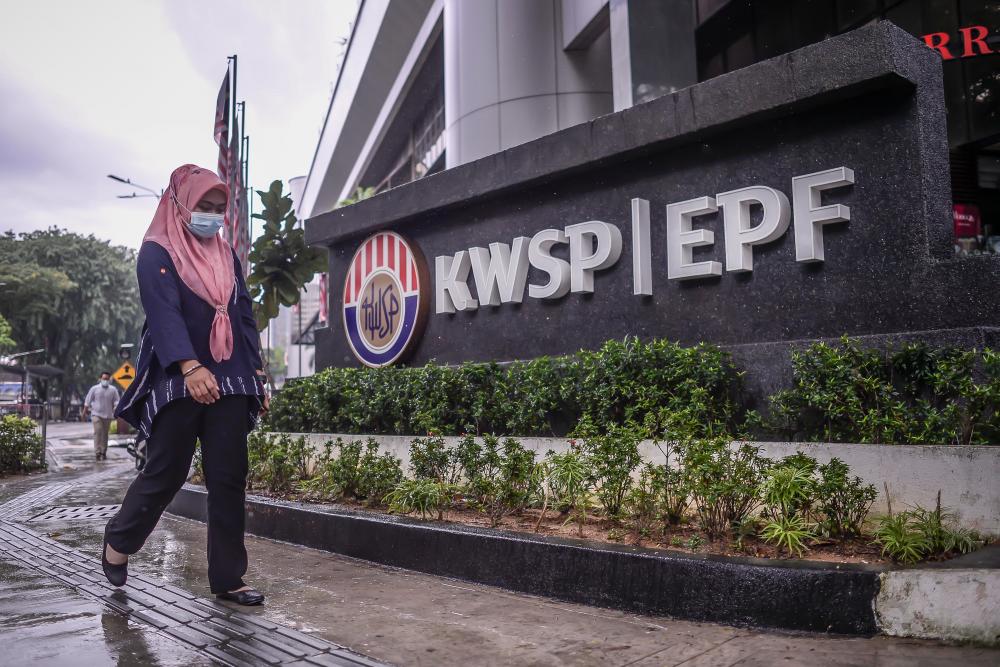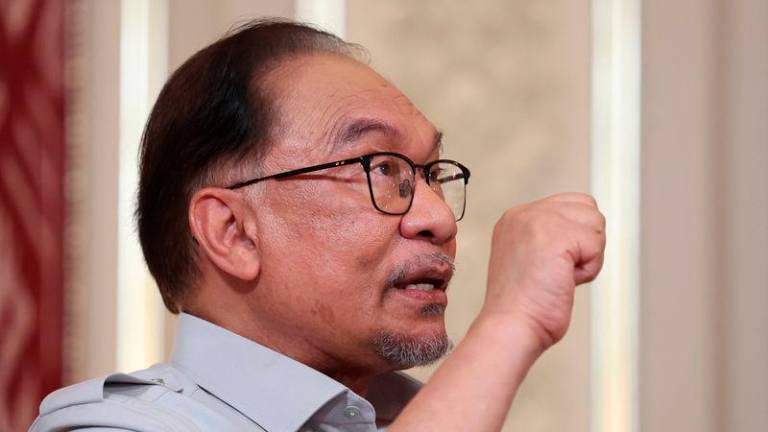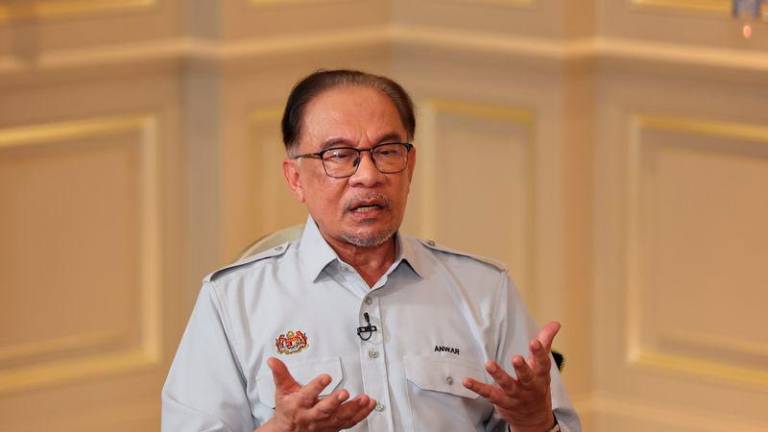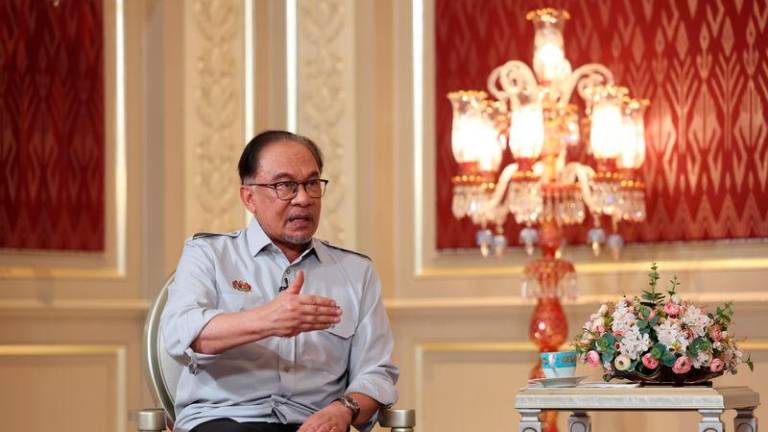PETALING JAYA: The Employees Provident Fund (EPF) should not allow full withdrawal at age 55 and instead extend it to 60, in line with the current retirement age.
Sunway University economics professor Dr Yeah Kim Leng said this would ensure contributors have enough funds for their retirement.
Yeah said one other option is to increase the retirement age to 62 and then later to 65 as people are living longer these days.
“There is also a need to promote productivity and reskilling for those who have little EPF savings to help them earn a higher salary and increase their savings.
“Workplaces must also be conducive to re-employing senior citizens and retirees to help them earn an income. It is also important for people to learn financial literacy at a younger age to stop them from falling into the poverty trap later in life.
“Those who are already over 40 years and closer to retirement must learn about income generating opportunities to help them beat poverty.”
Yeah said if his suggestions or other suitable proposals are not put in place, then social spending by the government would increase on account of more Malaysians reaching their retirement age without adequate savings to sustain themselves as life expectancy rises.
He also said EPF is one of the main financial sources for retirement, but it has been diminished as many contributors made four rounds of special withdrawals during the Covid-19 pandemic.
“If contributors made the withdrawals for investment purposes, then they would be earning passive income. But if they used the withdrawals for consumption purposes, then it could lead to old age poverty as they would not have enough savings to sustain themselves.
“Hence, the government will have to support these people if they are facing poverty, and that will lead to an increase in government spending, which is already going up due to the ageing population and poor health among many caused by non-communicable diseases.
“Some contributors may have to rely entirely on their EPF savings as their children might not help out, or they may use the money to start a small business after retirement.”
Prime Minister Datuk Seri Anwar Ibrahim previously revealed that 81% of EPF contributors will not have sufficient savings to live above the poverty line after they retire.
He said as of December last year, only 19% of EPF contributors had reached the basic savings level based on their age to enable them to have RM240,000 in savings by 55 years of age.
Anwar said 81% of contributors aged 55 and below are in a serious situation, where their savings will not be enough for them to retire above the poverty level.
“More than half (56%) of those who will be able to withdraw their EPF savings fully in a year – those who are currently 54 years old – have RM50,000 or less in their retirement fund.
“RM50,000 can only provide retirement income of about RM208 a month for 20 years,” said Anwar, who is also finance minister, in Parliament recently.
As of Dec 31 last year, more than 51% of the 13.1 million contributors who are below 55 years of age have RM10,000 or less in their EPF accounts.
Of this number, 26% are 40 years old and above, and able to withdraw their retirement savings within the next 15 years.
Anwar said for this group, their EPF savings will only give them a retirement income of less than RM42 a month over 20 years.
Finwealth Management financial planning director Felix Neoh said to ensure EPF contributors have enough savings for retirement, Malaysian wages need to be raised as purchasing power has not kept pace with real inflation for a long time, and it is better to benchmark this against regional peers.
“Reskilling to take on higher value-added jobs with a higher salary, and delayed retirement or going into semi-retirement, such as working shorter hours and at a correspondingly lower salary after the official retirement age to delay the drawdown in retirement are some options,” he said.










